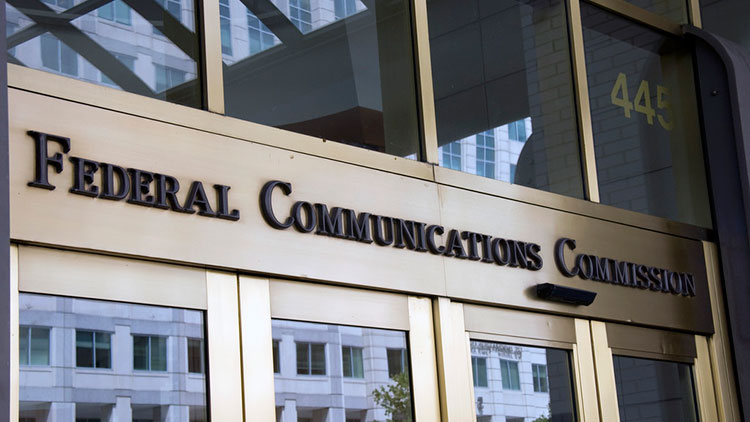FCC's Pai: Advertisers Will Recommit to Ending Ad Redlining

The smarter way to stay on top of broadcasting and cable industry. Sign up below
You are now subscribed
Your newsletter sign-up was successful
The American Association of Advertising Agencies will soon announce a "Fair Play" program in which its member agencies will "recommit" to ending the "redlining practice" of "no urban, no Hispanic, no Asian dictates."
That is the practice of excluding those areas from ad buys.
In a speech to the Multicultural Media, Telecom and Internet Council (MMTC) ninth annual Broadband and Social Justice Summit in Washington Tuesday (JFeb. 6), FCC chairman Ajit Pai pointed to the new effort to combat the "repugnant" practice.
Back in 2011, the AAAA's adopted a non-discrimination policy, but Pai said that while the policy seemed to work "for a time, unfortunately, it appears judging from the feedback from various media, the problem has arisen again
"Very soon, the AAAAs will be issuing a charter to its members, media agencies and media departments within agencies to recommit to fair and equitable treatment of minority media owners. "
He said he hoped the policy would help level the playing field for all minority broadcasters and that the dictates had no place in the American media marketplace.
Back in 2007 the FCC, led by Commissioners Robert McDowell and Jonathan Adelstein, adopted rules banning broadcasters from accepting ad campaigns that stipulate excluding urban/Spanish media buys.
The smarter way to stay on top of broadcasting and cable industry. Sign up below
The FCC said that stations had to start monitoring ad contracts to make sure there was none of the redlining that has cost minority media hundreds of millions of dollars a year in potential ad revenue. That was one of the diversity initiatives proposed by FCC chairman Kevin Martin, along with his proposed media ownership changes.
The FCC requires broadcasters at license renewal time to certify that their ad sales contracts are nondiscriminatory and do not include any clauses that have the effect of discouraging minorities from patronizing an advertiser’s venue or presume that minorities are not a market for their product.
With some prodding from MMTC, the commission subsequently put an exclamation point on that ruling by advising stations that they could lose their license for any contracts that did not preclude discrimination.
But it takes two to tango, and the FCC’s ruling applied only to TV stations, not the advertisers and agencies that control the purse strings.
The FCC's commitment to broadcast diversity is currently being challenged by various groups in the wake of its November broadcast ownership deregulation decision, which was in response to a court remand that included taking into account its impact on media diversity.
Pai took the opportunity to promote the Broadband Diversity Advisory Committee and the FCC's diversity advisory committee, the latter which Pai reconstituted and which he says is helping create the new diversity incubator program the FCC proposed as part of that November deregulation decision. He said that incubator effort would begin in earnest at the committee's March meeting.
Contributing editor John Eggerton has been an editor and/or writer on media regulation, legislation and policy for over four decades, including covering the FCC, FTC, Congress, the major media trade associations, and the federal courts. In addition to Multichannel News and Broadcasting + Cable, his work has appeared in Radio World, TV Technology, TV Fax, This Week in Consumer Electronics, Variety and the Encyclopedia Britannica.

